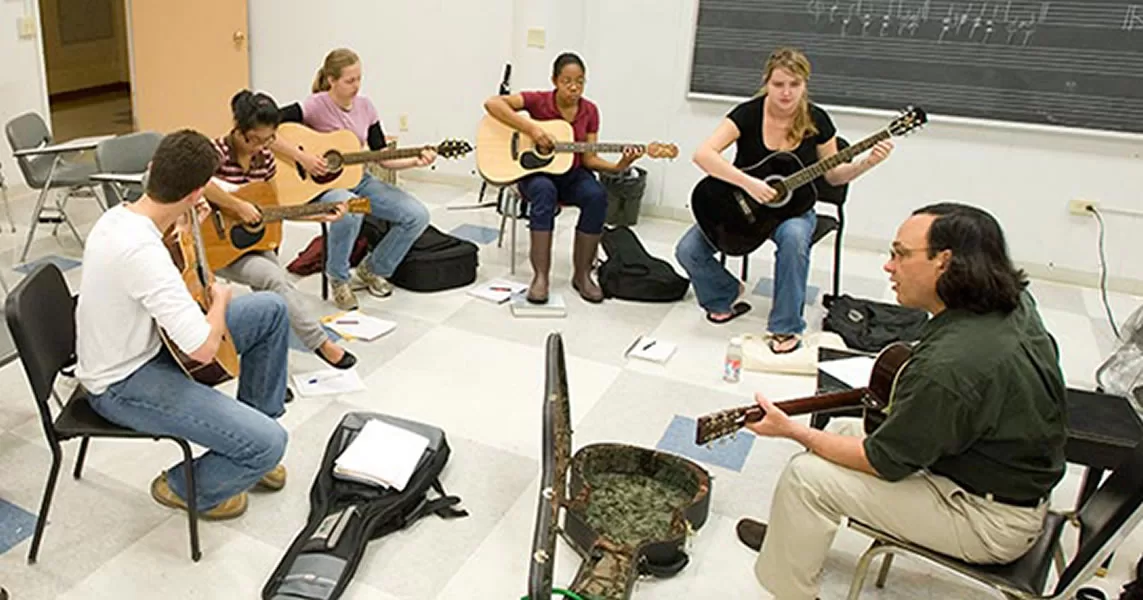Best PhD Programs in Music Education: Obtaining a PhD in music education can open up a world of opportunities for aspiring music educators and researchers. With a doctoral degree in this field, individuals can delve into advanced research, scholarship, and pedagogy in music education, making a significant impact on the field. However, choosing the right PhD program can be a daunting task, as there are numerous options available. To help navigate this process, it’s important to look at the key factors that set apart the best PhD programs in music education.
One of the most important factors to consider when evaluating PhD programs in music education is the faculty. The faculty members in a program play a crucial role in shaping the educational experience of students, as they provide mentorship, guidance, and expertise in their respective areas of specialization. The best PhD programs will have a diverse and accomplished faculty that are actively engaged in research and scholarship, and have a strong reputation in the field of music education.
In addition to faculty, the resources and facilities available at a program can also be a determining factor in its quality. The best PhD programs will have state-of-the-art facilities, such as music labs, recording studios, and performance spaces, that provide students with opportunities for hands-on learning and research. They will also have access to a wide range of resources, such as libraries, archives, and research databases, that support students in their academic pursuits.
Another important aspect to consider when evaluating PhD programs in music education is the curriculum. The best programs will offer a comprehensive and rigorous curriculum that covers a wide range of topics, such as music theory, music history, music pedagogy, research methods, and educational psychology. They will also provide opportunities for students to tailor their coursework to their specific interests and career goals, whether that be in teaching, research, or administration.
Additionally, the best PhD programs in music education will offer opportunities for students to gain practical experience through teaching assistantships, research assistantships, and internships. These hands-on experiences not only provide students with valuable skills and knowledge but also help them build their professional network and prepare for their future careers.
Finally, the best PhD programs in music education will have a strong reputation in the field and a track record of producing successful graduates. Alumni from these programs will have gone on to make significant contributions to the field of music education, whether through teaching, research, or other professional endeavours.
In conclusion, several key factors set apart the best PhD programs in music education. These include a distinguished faculty, state-of-the-art facilities, a comprehensive curriculum, practical experience opportunities, and a strong reputation in the field. By considering these factors when evaluating PhD programs, aspiring music educators and researchers can ensure they choose a program that will provide them with the education and training they need to succeed in their careers.
#Breaking #PhD #Programs #Music #Education #Sets,

















